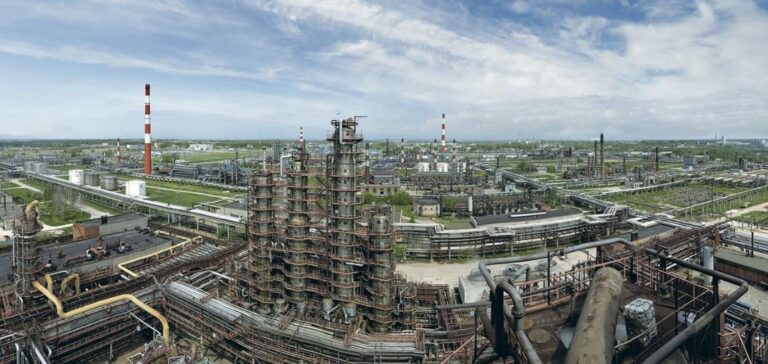On Friday night, a Ukrainian drone targeted the Ryazan refinery, located 500 kilometers from the Ukrainian border. The attack caused explosions and fire, killing four workers and injuring eight others, as reported by local media.
Immediate consequences and crisis management
The incident caused a significant interruption, affecting gas supplies to regional power plants and resulting in a loss of 2,500 megawatts of electricity. In response, the regional governor, Pavel Malkov, without confirming details of casualties or damage, pointed to an ongoing investigation to clarify the circumstances and identify those responsible for the attack.
Economic and safety impact
This attack is part of a series of Ukrainian strikes aimed at disrupting Russia’s energy production capabilities, which it continually responds to with attacks on civilian sites in Ukraine, including energy infrastructure. The Ryazan site, already targeted by previous attacks, plays a crucial role in Russia’s energy network.
International reactions and political pressure
Repeated strikes against Russian energy infrastructure have been criticized by Washington, which fears that such actions could shock global energy prices. This tension has arisen despite significant military advice and financial aid to Ukraine from the United States.
Strategic context and future implications
Analysts see these attacks as attrition tactics aimed at weakening the Russian economy and offsetting Russian advances on the ground. The strikes also underline a Ukrainian strategy of maintaining pressure on Russian critical infrastructure, possibly to boost morale and draw international attention to their resilience.
Ukraine’s recent attack on the Ryazan refinery marks a significant escalation in the conflict, reflecting Kiev’s determination to target Russian energy capabilities despite international pressure.






















